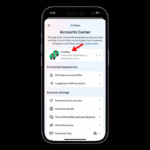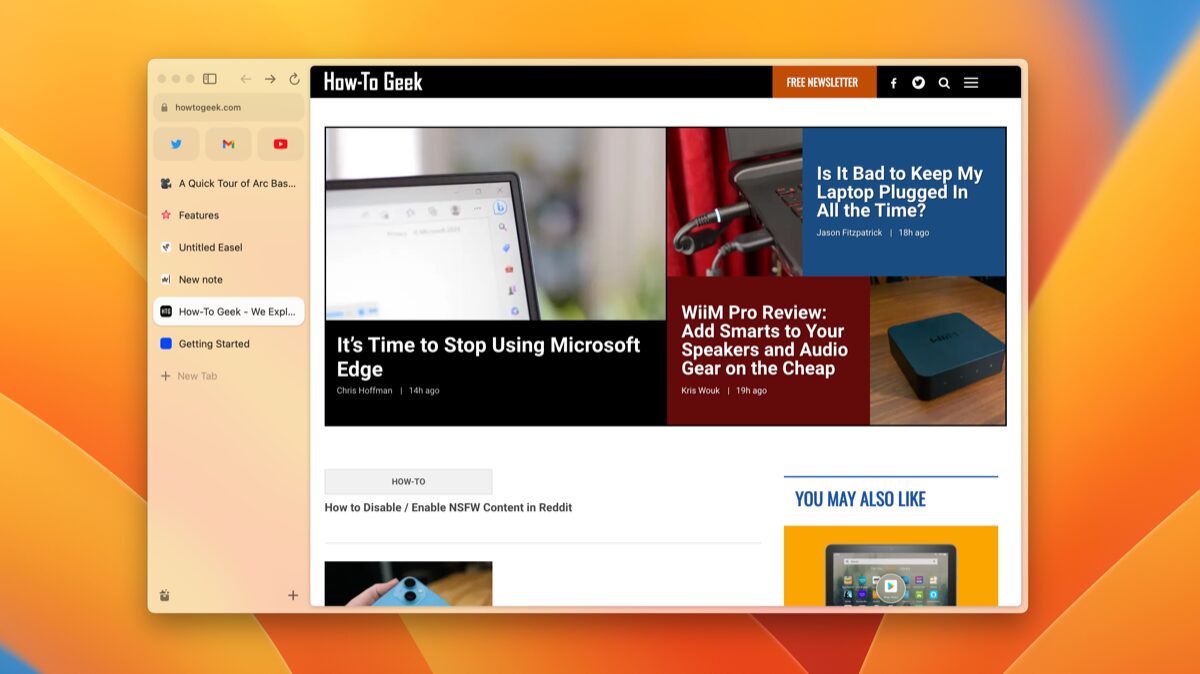Don’t Spend Over $1,000 on a Phone That’s Just a Phone
Android Phones & Tablets
Quick Links
-
Budget Phones Are Perfectly Usable
-
Don’t Fall for a Payment Plan
-
Premium Midrange Phones Are Better Than Ever
-
Don’t Forget Open Box and Refurbished Deals
-
Phones Are Worth Over $1000 When They Replace Other Devices
Many flagships now cost over $1,000. Book-style foldables are closer to $2000. These prices are difficult to justify if you just want a phone that you intend to use exclusively as a phone. So, don’t—pay less instead.
Budget Phones Are Perfectly Usable
Cheap phones aren’t what they used to be. I’m not saying they’re great, but they’re not terrible, either. Old bottom-of-the-barrel Android phones used to struggle to run more than a basic app or two. They offered underwhelming performance on screens that today seem to be the size of postage stamps (okay, two postage stamps).
Now, a budget phone may not have the smoothest refresh rates or take pictures that are anything to brag about, but it will handle most of what regular folks expect from a phone. It will browse the web, text, post to social media, stream video, and play Wordle, all on a large screen. The phone probably won’t even feel slow unless you’re picking it up after having just used a more powerful one.
Some are even starting to bring the fun in their own right. The $200 CMF Phone 1 is a vibe. It has so much character that you might feel CMF’s ad is trying too hard. Unlike most phones, this one stands out before you even bother to look up its specs.
CMF’s phone has a wheel that you can attach things to, like a lanyard that allows you to wear the handset around your neck. That’s something you can contemplate doing when dropping your phone won’t cost you a down payment on a car.
Don’t Fall for a Payment Plan
If you just want a phone that works, don’t let a carrier salesman talk you into a monthly payment plan on the latest flagship. Sure, you’ll absolutely notice the difference between an expensive phone and the cheap one, but there are also plenty of other things you can spend your money on.
In case this needs emphasis, payment plans do not save you money. $25 a month for three years is still a boatload of dollars, and even if you ultimately opt to finance your phone, you can often do better by going through someone other than your carrier and pairing those savings with a lower-cost cellular plan.
Visible’s annual plans are a much cheaper way to use Verizon’s network. Cricket’s $15 plan saves you money over AT&T. Picking up a Mint Mobile SIM is much cheaper than walking into a T-Mobile store.
Companies want you to spend a thousand on your phone and thousands more on service, but you don’t have to, even if you do want to carry something a little bit nicer.
Premium Midrange Phones Are Better Than Ever
If you’re reading this, you’re probably looking for a little bit more than a phone that gets the job done. You care about tech and want something that feels nice. In that case, the most exciting corner of the market still isn’t the flagships that draw most of the headlines. Midrange phones are actually the ones having most of the fun.
Consider the Nothing Phone 2a. It has smooth performance, a competent camera, and style for days. There’s the Motorola Edge and the Moto G Stylus 5G, both available with discounts basically from birth.
Then there’s the sweet spot that has become known as the premium midrange. These are phones that cost around as much as what flagships used to cost (and they’re better than old flagships, too), they just aren’t the absolute top of the line.
This is where you find many phones from OnePlus, like the flagship killer OnePlus 12R. It’s also home to the Pixel 8a, which came within spitting distance of the Pixel 8 in terms of value. With Google providing the Pixel 8a with seven years of software support, there is even less reason to make the leap to the more expensive Pixel.
Don’t Forget Open Box and Refurbished Deals
Now that I’ve offered this advice, what phone do I use? I am writing these words a Samsung Galaxy Z Fold 5. It’s not only a flagship but a foldable. MSRP for this device was around $2000 when I bought it. I got it for $900 in an open box deal on eBay, instead. It’s a new, unused device, just with the box previously opened and I lose out on the ability to sign up for a Samsung Care plan. That’s a hit I’m willing to take, considering I could replace the entire phone out of pocket if need be and still come out slightly ahead.
The Galaxy Z Fold 5 isn’t a unicorn in this regard. Frankly, if you’re willing to wait a few months, foldable phones aren’t as expensive as you think. You can get something that folds for under $500 if that’s your budget.
The best deals aren’t advertised; they’re researched. You may come across a refurbished phone that looks as good as new and has several years of updates left to go. That can snag you more bang for your buck than even a premium midrange phone. Don’t overlook the second-hand market. I personally wouldn’t own a foldable without it.
Phones Are Worth Over $1000 When They Replace Other Devices
Even at $900, the Galaxy Z Fold 5 cost more than I had ever spent on a phone before. Why did I consider this a good investment? Because a book-style foldable had the potential to eliminate the need for other devices. It’s a phone that can unfold into a small tablet, functioning well as both a way to read ebooks and a digital note-taking device.
With Samsung DeX, a Galaxy Z Fold can also replace a PC when paired with the right accessories like a lapdock or a monitor with a docking station. For a remote worker like me, a capable work laptop can easily cost over $1000 in its own right. When you add up all the money I no longer need to spend on those things, I’m coming out ahead even if I spent full price on this phone.
You don’t have to go all-in on one device like I have to get worthwhile bang for your buck. If you get a phone big enough to eliminate your desire for a separate tablet, or you get a phone camera nice enough to displace a DSLR, then the math probably checks out.
When the Nexus 5 launched as Google’s flagship in 2013, the base price was $350. That sounds downright quaint now that an iPhone 15 Pro Max starts at $1200 and the Samsung Galaxy S24 Ultra commands $1300. Yet if you’re just looking for something that does basic phone things, you don’t need to pay these prices—and even if you want the very best, sit tight a moment. You don’t need to spend over a grand.


















